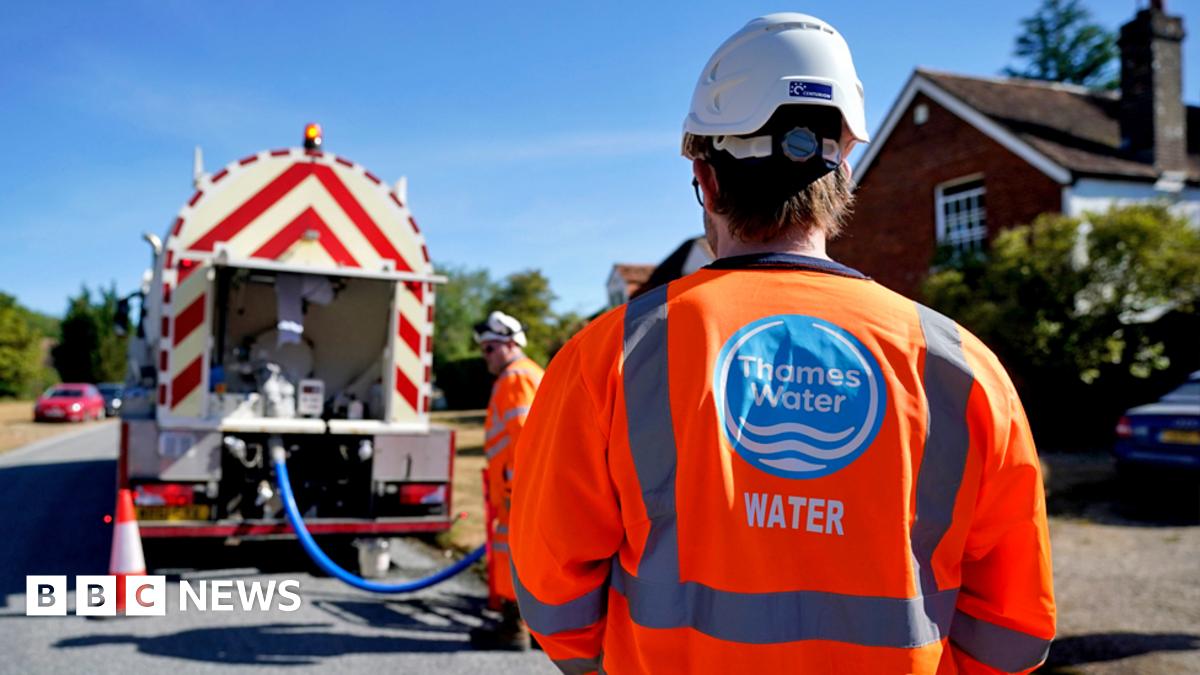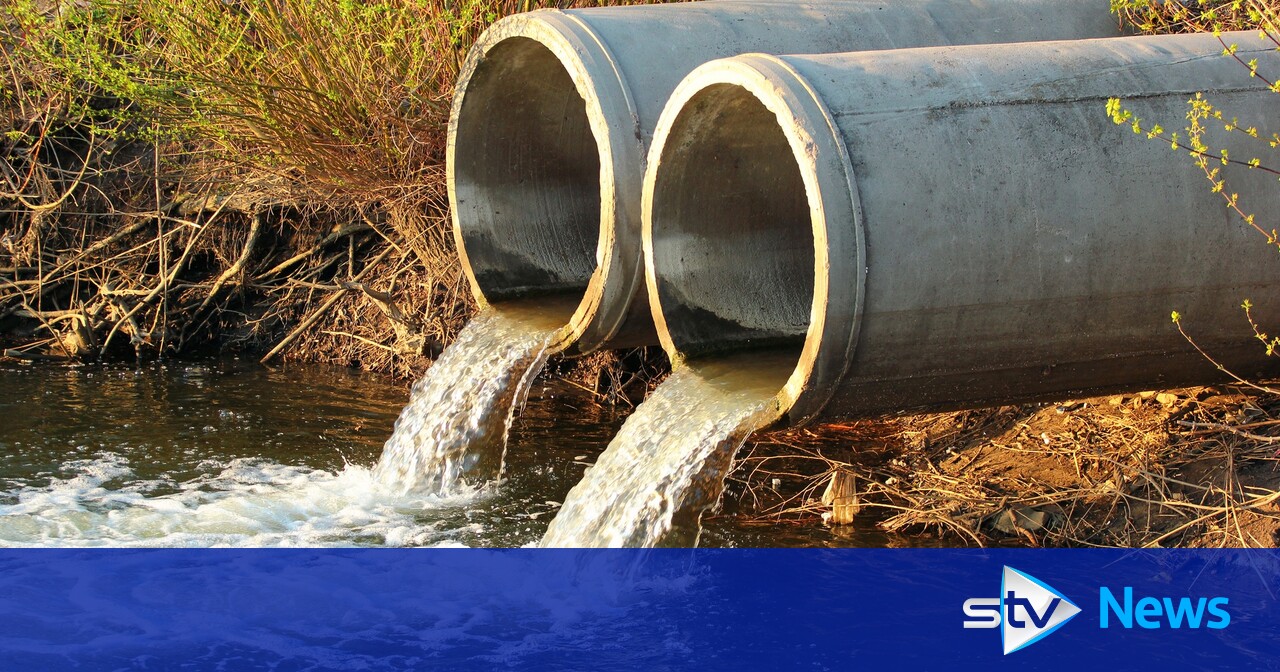The thing when you privatise stuff, investors expect a return. Its only natural, would you pump in your own cash with no return likely? Very much doubt it.
Thames Water boss says bills need to rise by 40%
The regulator, whose approval is needed for any price rises, has pushed back on substantial bill increases.www.bbc.co.uk
Bills have to rise to pay returns to foreign investors, Thames Water says.
I don’t see any way out of this apart from re-nationalisation.
The privatisation of water has clearly failed, time to just accept it was a mistake and start fixing it.





